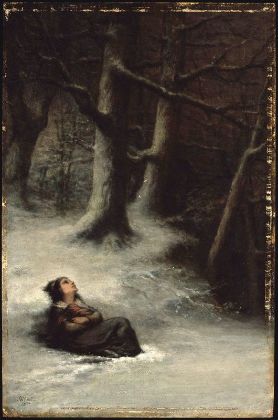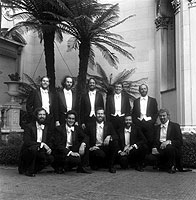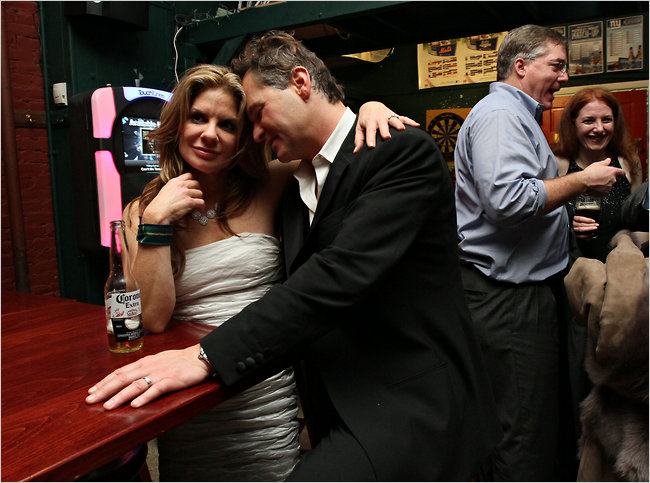THE REV. James Jackson writes:
I’m a Benedictine Oblate of
Clear Creek, and there have been some interesting articles written about Clear Creek over the years. But this
one, from
The Current, an alternative magazine in Oklahoma, takes some kind of prize:
This is my favorite bit:
“Clear Creek is an intriguing fusion of contemplative ‘island,’ nature enclave and forest encampment. I am fascinated, like many baby boomers, by kinetic, intensely dedicated communities, companies and other ventures with strong missions, a laser-like focus and iconoclastic cultures: NASA’s hugely successful Jet Propulsion Labs (JPL), game changer Apple, Inc., the Teach for America operation, Herbie Hancock’s music shop, Elon Musk’s Tesla Motors, BMW, the film company Pixar, and Burt Rutan’s aerospace design shop come to mind. Clear Creek, to me, is another instance of this kind of collective rigor, discipline and focus.”
I have great hope for the monastic life as being able to turn this mess around.
Merry Christmas to you!



